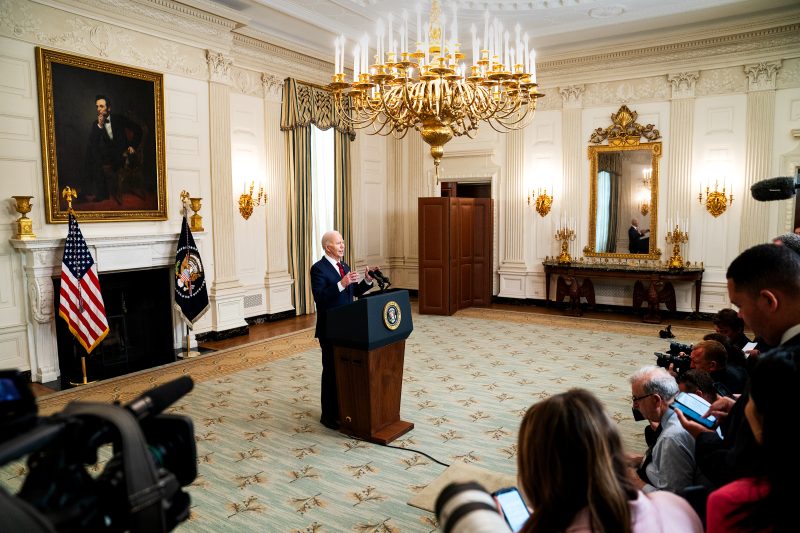In recent weeks, the social media app TikTok has found itself embroiled in a legal battle with the U.S. government over national security concerns. The app, owned by the Chinese company ByteDance, has faced scrutiny and pressure from U.S. lawmakers and officials over its alleged data practices and user privacy issues. The Trump administration has even issued executive orders seeking to ban TikTok from operating within the United States, citing concerns that the app could pose a threat to national security.
At the heart of the controversy is the question of whether TikTok is sharing user data with the Chinese government or engaging in other nefarious activities that could compromise U.S. interests. While TikTok has repeatedly denied these allegations and emphasized its commitment to user privacy and data security, the U.S. government remains unconvinced and is taking steps to address what it perceives as a potential threat.
The legal war between TikTok and the U.S. government is multifaceted, complex, and far-reaching. It involves issues of data privacy, national security, regulatory compliance, and international relations. The outcome of this battle could have significant implications not only for TikTok and its users but also for the broader technology industry and the future of digital innovation.
One of the key arguments put forward by the U.S. government is that TikTok’s ties to China make it susceptible to influence and control by the Chinese Communist Party, raising concerns about the security of user data and the app’s potential to be used for espionage or disinformation campaigns. This has led to calls for TikTok to sever its ties with ByteDance or to sell its U.S. operations to an American company to alleviate these concerns.
On the other hand, TikTok has defended its practices and asserted its independence from the Chinese government, pointing to measures it has taken to safeguard user data and protect the privacy of its users. The company has also argued that banning TikTok in the U.S. would infringe on the rights of millions of American users who rely on the app for entertainment, self-expression, and social connections.
As the legal battle intensifies, both TikTok and the U.S. government are preparing for a protracted and contentious fight that could have global ramifications. With user data and privacy becoming increasingly critical issues in the digital age, the outcome of this battle could set a precedent for how other technology companies are regulated and how governments address the challenges posed by the rise of social media platforms.
Ultimately, the clash between TikTok and the U.S. government reflects the broader tensions between national security interests and the principles of privacy, innovation, and free expression in the digital era. How this conflict is resolved will not only shape the future of TikTok but also influence the trajectory of technology regulation and international relations in the years to come.
As TikTok and the U.S. government dig in for a legal war, the stakes are high, and the outcome remains uncertain. What is clear is that this battle is about more than just one app—it is a reflection of the complex and evolving relationship between technology, privacy, security, and geopolitics in the interconnected world of the 21st century.

